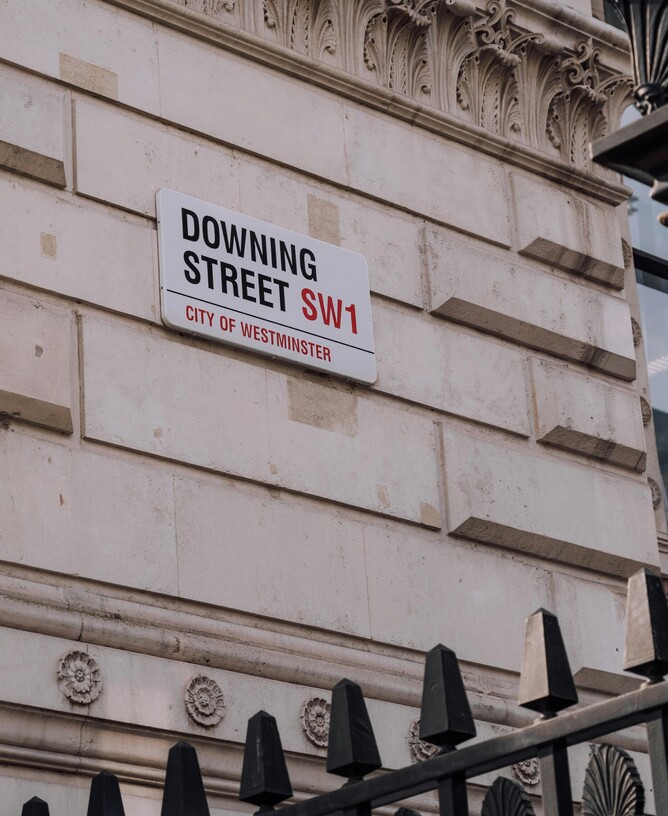Rachel Reeves’ Property Tax Dilemma
Chancellor Rachel Reeves has a Budget on 26 November circled in red pen - and she faces some awkward choices.
The Resolution Foundation and IFS both warn that without raising billions, Reeves risks breaking her own borrowing rules. But she’s already ruled out the big three of income tax, National Insurance for employees, and VAT. That leaves the Treasury looking hard at property taxes, which bring in large sums but come with political and practical pitfalls.
The main options on the table include the following:
1. National Insurance for landlords
Currently, most landlords don’t pay NI on rental income unless letting is their main job. But the Resolution Foundation has suggested a basic 20% NI charge on all rental income, plus an extra 8% above £50,270.
Upside: Could raise around £3bn a year once phased in.
Downside: Landlords argue it would deter investment and raise rents.
Political angle: Torsten Bell, ex-head of the Resolution Foundation and now a Labour MP, was an early backer of the idea - so it has friends in Reeves’ circle.
2. Capital Gains Tax (CGT) on expensive main homes
At the moment, you don’t pay CGT when selling your primary residence. That could change for high-value homes. The Times reported that the Treasury is considering removing relief above a threshold - perhaps £1.5m.
Upside: CGT brought in £13.3bn last year; extending it could boost receipts.
Downside: Would slow the high-end housing market, and Labour promised in 2023 not to touch CGT on main homes.
3. Stamp duty reform (or abolition)
Stamp duty raised £11.6bn last year. But it’s deeply unpopular. Reeves could scrap it, but she’d need a replacement.
Option A: Replace with a proportional property tax, levied annually on homes over £500,000. The think tank Onward suggests 0.54% between £500k and £1m, with higher rates above that.
Option B: Keep stamp duty but tweak thresholds to ease pressure on first-time buyers while hitting pricier transactions harder.
The problem with this is an annual levy spreads payments out, which may not replace the stamp duty’s immediate cash flow.
4. Council tax overhaul
Council tax is still based on property valuations from 1991 (2003 in Wales). That means glaring unfairness - two identical homes in different council areas can pay very different bills.
Reform potential: Widely seen as outdated.
Obstacle: Any major overhaul creates winners and losers between regions. Reeves risks a backlash if reforms shift funding away from some areas.
The Big Picture
Every option raises billions, but they all come with political landmines. Reeves has promised not to hit “working people” with higher taxes, yet property taxes may be her least bad option to plug a £20bn hole (partly created by the Labour Party’s actions).
As usual, the Treasury won’t comment ahead of the Budget, but it’s likely that stamp duty, CGT and landlord NI will be at the forefront in November’s debate.
Sources: BBC; The Times; The Guardian


